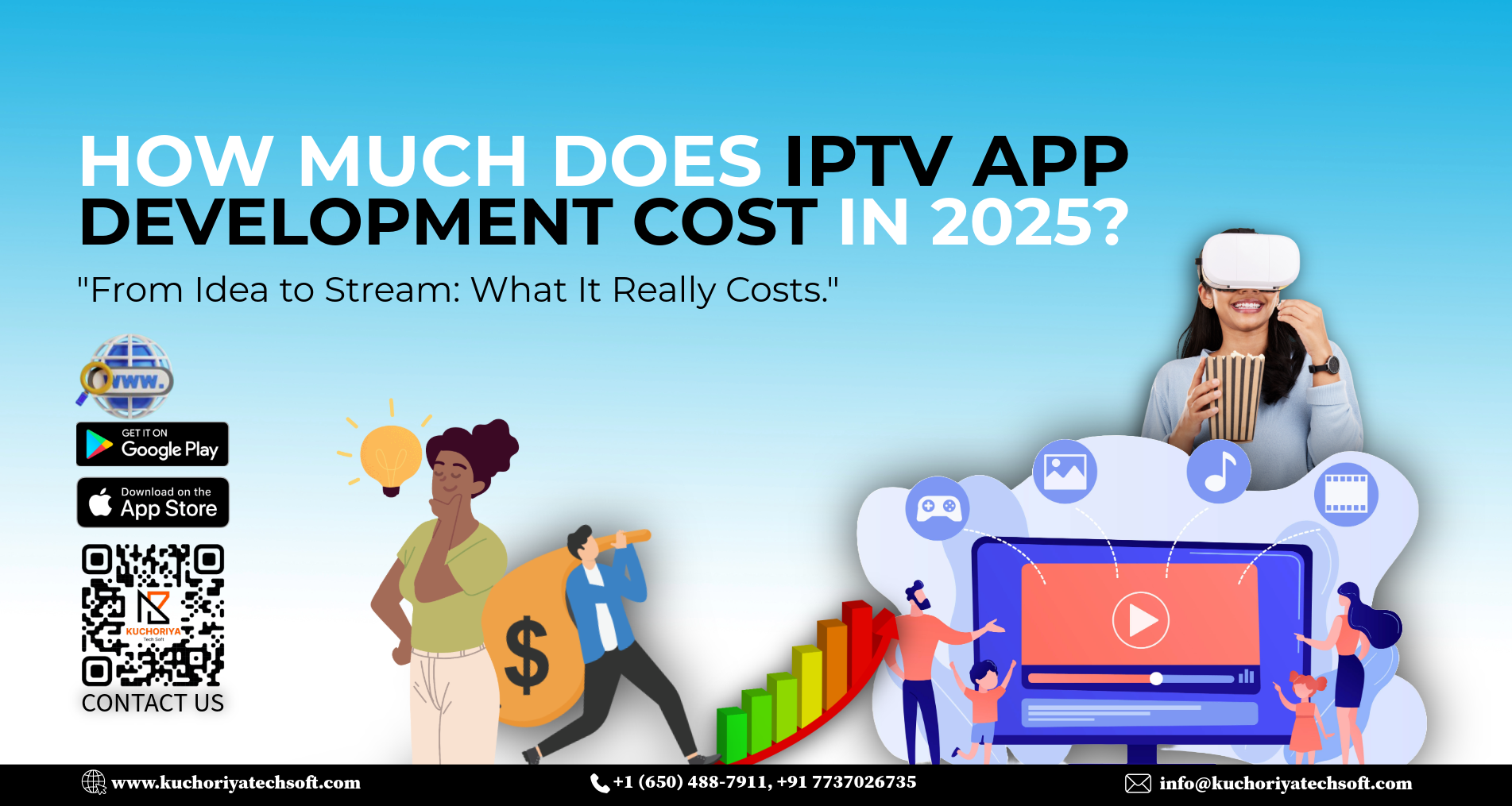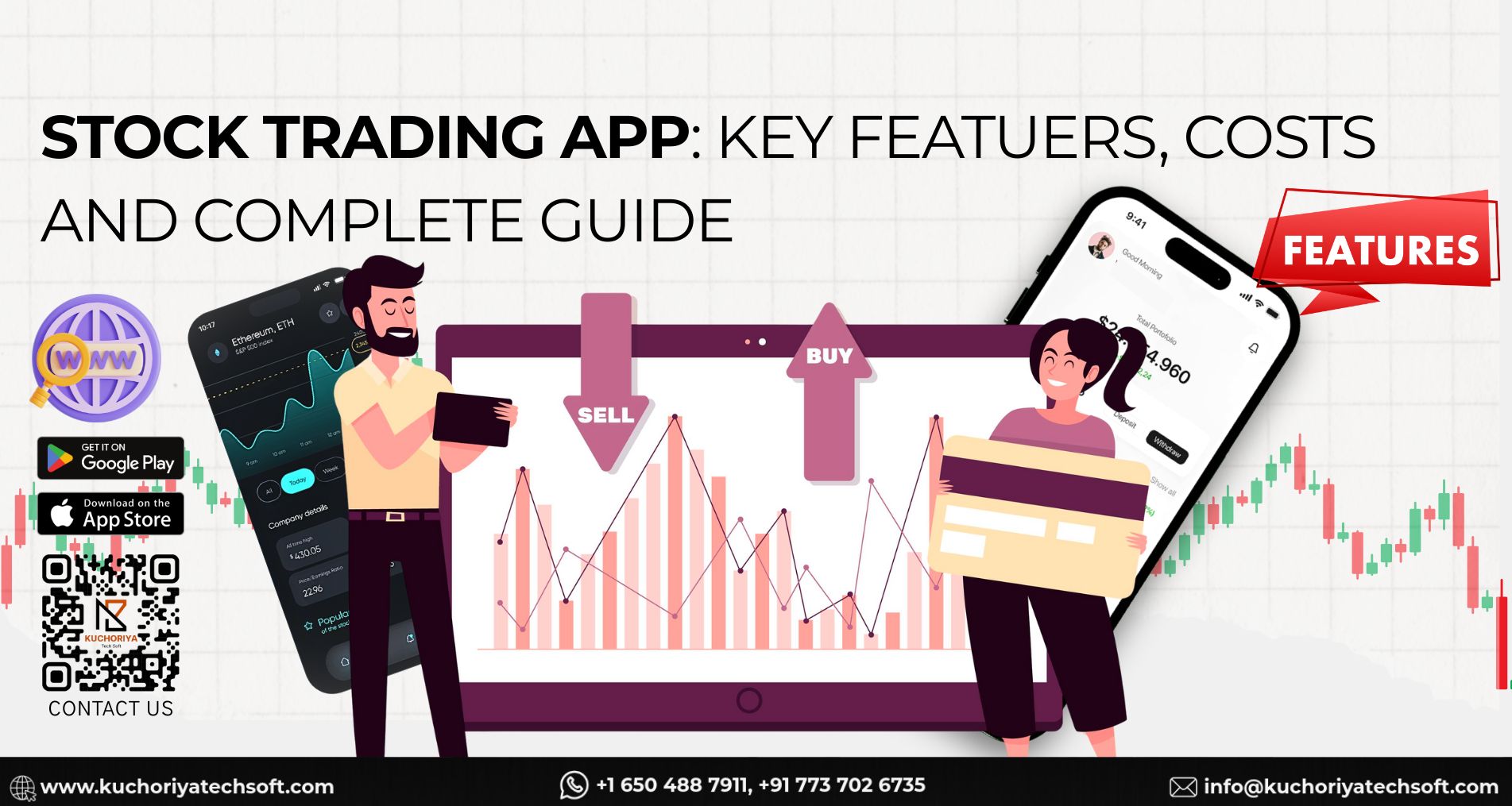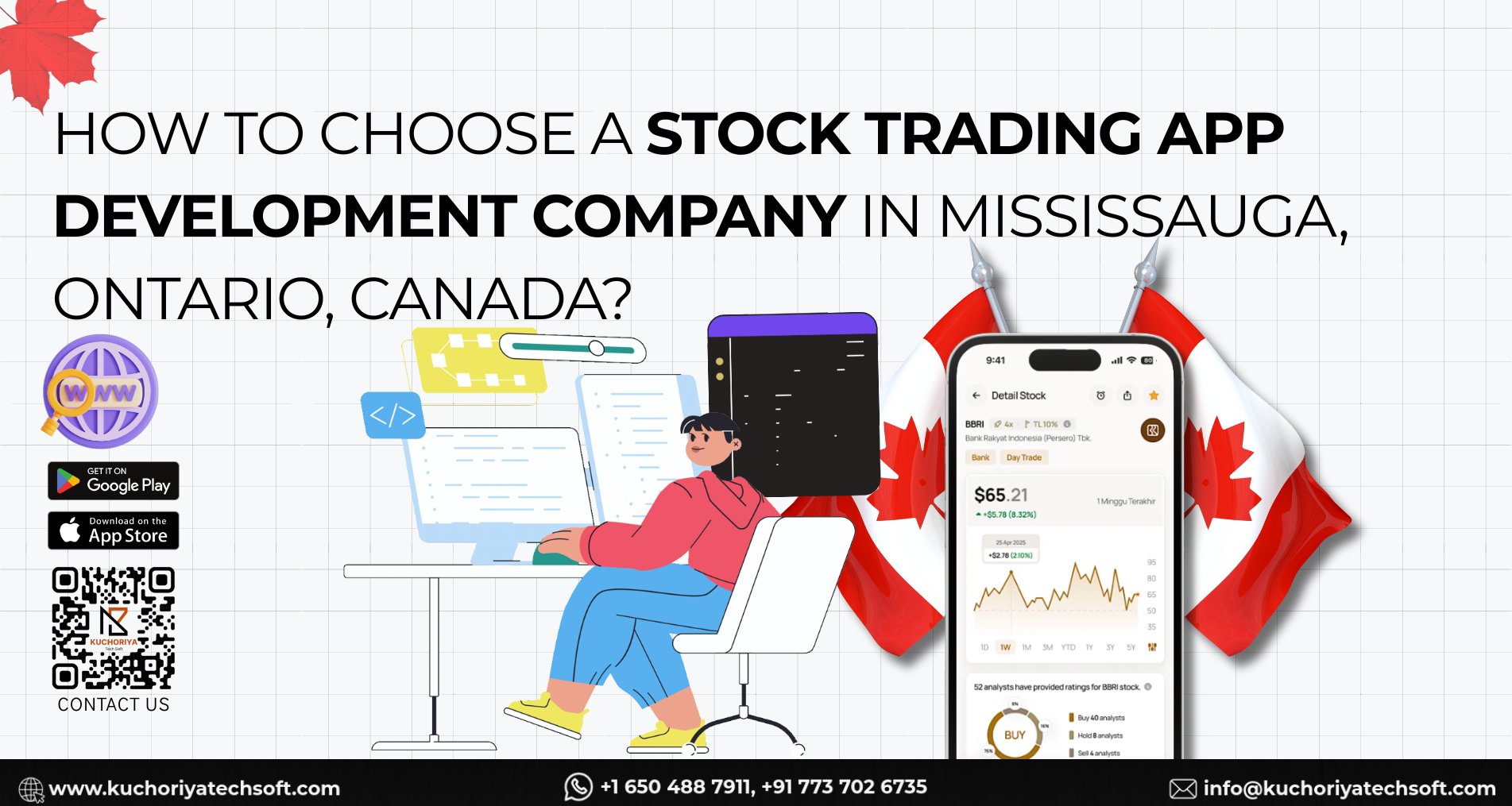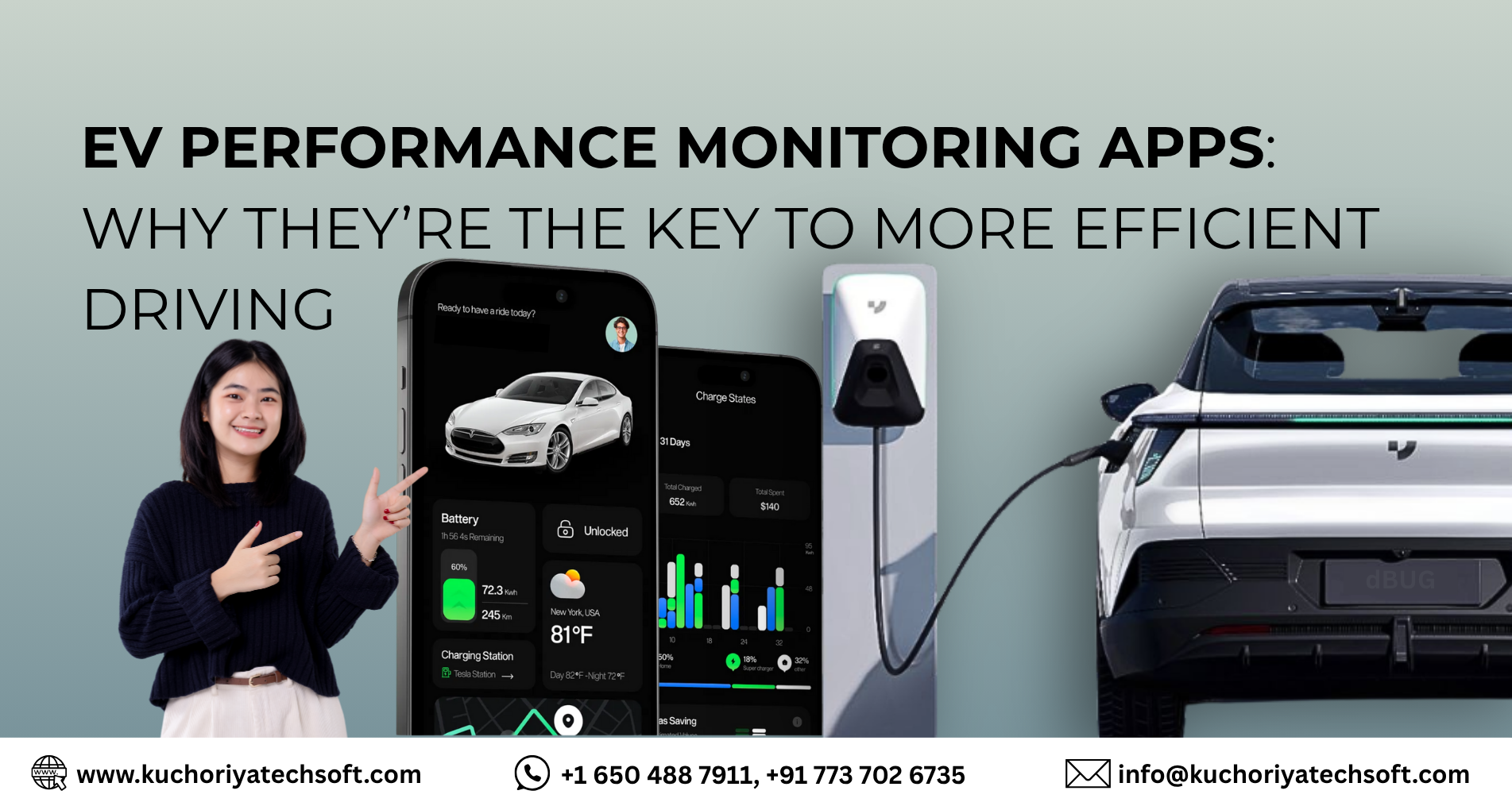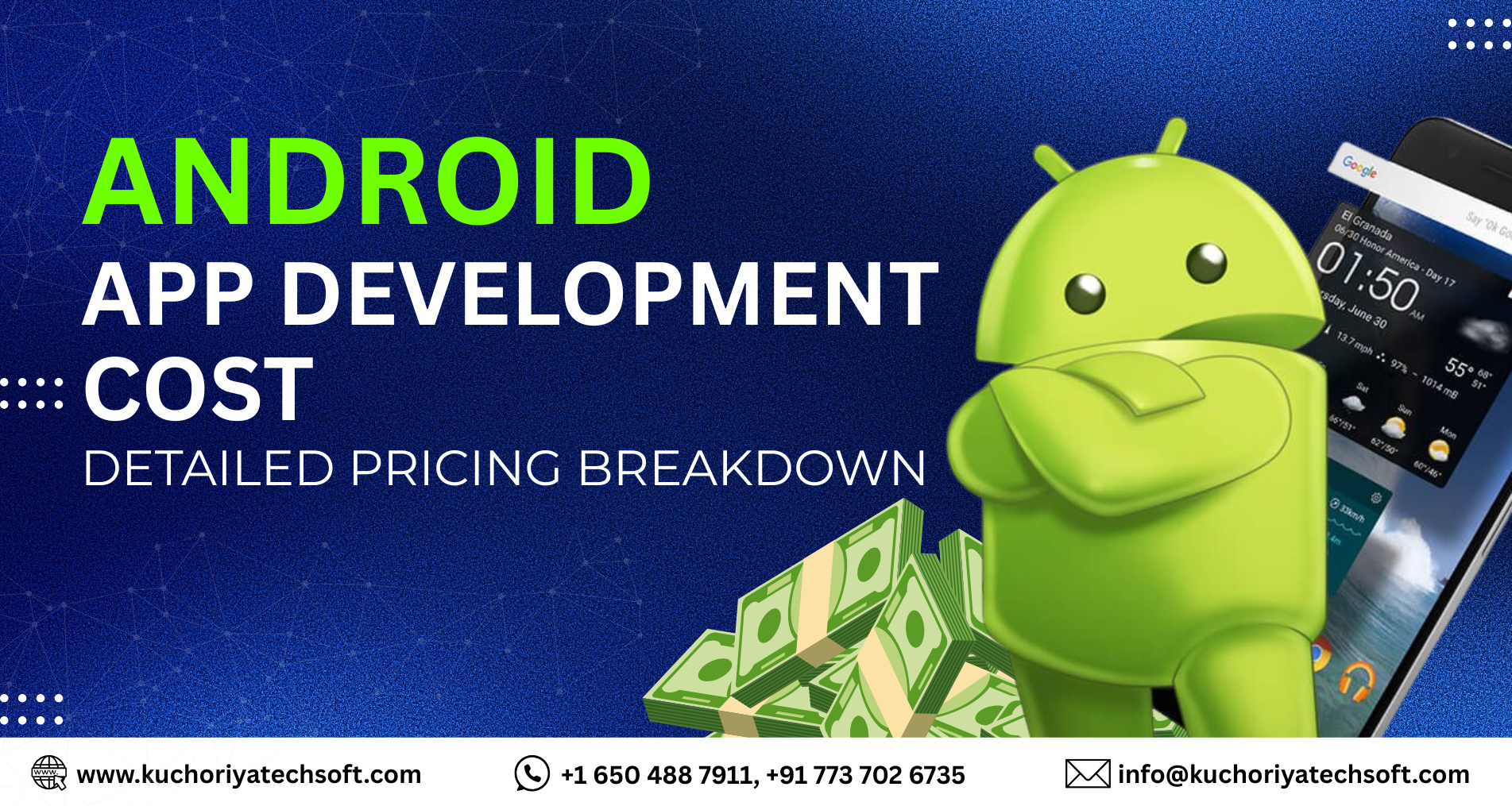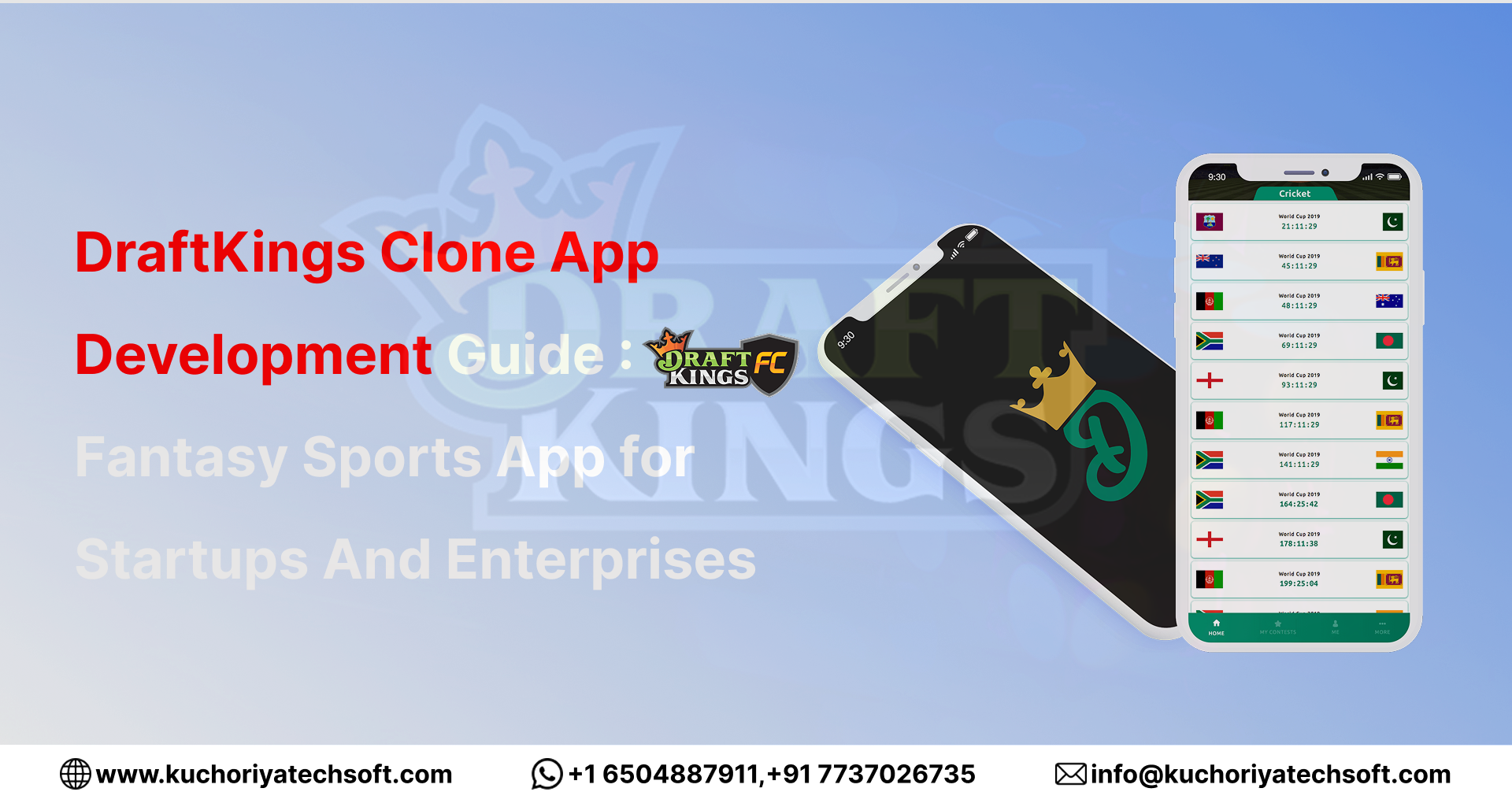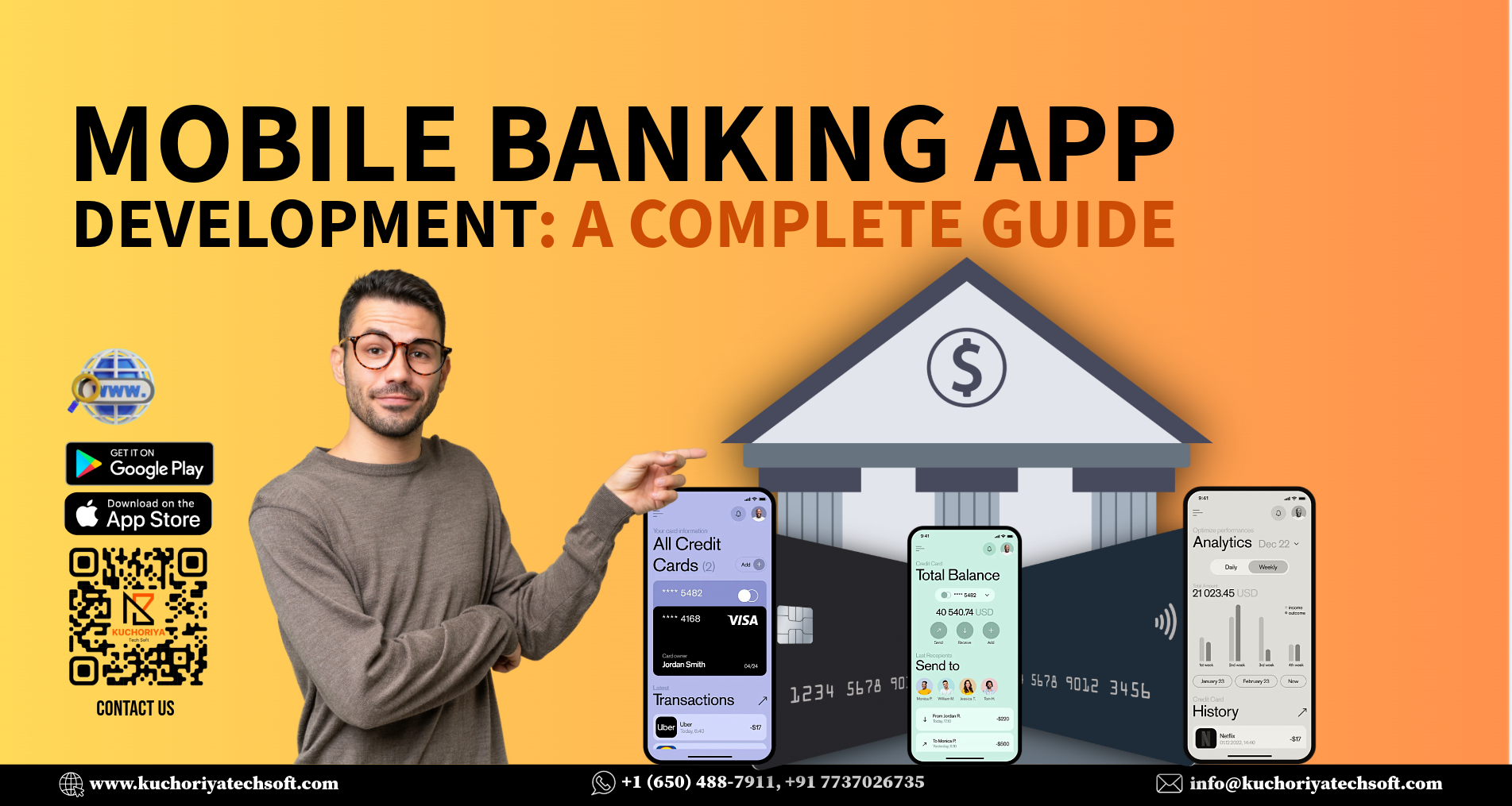Exploring Our Fintech Application's Financial Potential
Firstly, we should know what fintech and fintech applications are.
Fintech is the merger of investment with innovation. It describes any company that makes use of technical advancements to generate, computerize, or enhance financial services and plans of action.
The word “Fintech” has a broad meaning and nowadays the industry is growing continuously. Therefore, applications and services become difficult every year for both businesses and consumers. Fintech will come in many varieties, from InsurTech and cryptocurrencies to mobile banking and financial apps. Not only new startups are using new technologies, but banks and conventional finance firms are also adopting fintech services.
The use of fintech applications varies widely from project to project. Many of them employ cutting-edge tools like blockchain to carry out diverse activities like clarifying credit risks or managing huge funds. They also use machine learning algorithms, data science technology, and other cutting-edge tools.
Let’s discuss the benefits of the Fintech Application
• Actualization
Data analytics solutions are typically included in fintech apps built by companies. This makes it simple to identify and meet the customer’s changing needs. Businesses can provide customers with genuinely personalized experiences and products and all thanks to this data. Access to a wide variety of client information is now the foundation for entire business models.
• Greater approval speed
By accelerating the rate of acceptance, fintech apps broaden customer access to various financial goods. This has to do with financial services and insurance products. Fintech applications are used by businesses to automate and quicken the approval process so that it can be finished even in a day.
• Cost Cutting
Customers of fintech businesses can benefit from reduced fees than those of traditional banks. That's because they don't have any expenses related to physical locations, like rent or advertising. Instead, businesses may use all of their profits to improve their offer by investing in product development.
• Easy Access
Mobile connectivity is used in fintech to increase the simplicity and effectiveness of online transactions. Nowadays, Consumers are progressively using their accounts on tablets and phones. They can achieve more, have a better participation, and speed up these operations with the aid of fintech apps.
Here are some types of finance applications
You can observe that fintech is now changing a variety of financial services by taking a quick look at the fintech sector. It influences consumer financial management as well as company models and product offer. Currently below mentioned are the most significant categories of financial applications.
• Electronic Wallet
In India, wallets like PhonePe, Paytm, and google pay have become highly successful. These apps allow users to store money in their wallets and also, they can make payments from anywhere. Both online and offline transactions, such as paying utility bills and doing internet shopping, are frequently accepted.
• Budget and Expense Manager for Money
You can classify expenses using the Money Manager App depending on the days, weeks, months, and years. You can input your income, expenses, and total savings. In addition, you may create a budget, make notes, and see cost information. Utilize a separate tab to keep track of your assets and liabilities. Once more, you can compare your monthly transactions to the information from the prior month by utilizing this tool.
• Finserv Experia by Bajaj
The Experia app is considered to be the most diverse of Bajaj's top financial web tools. You can manage your open loans, insurance plans, and investments from a single location. Using this tool, you may also check your previous financial engagements and get financial statements. Additionally, consumers who have used this software to make a Bajaj Finserv EMI payment online appreciate its streamlined user experience.
• All Indian Banks Money Manager App by Walnut
Walnut safeguards and automates the monitoring of your monthly outlays. Using the Walnut app can help you stick to your spending plan, make on-time bill payments, and increase your monthly savings. The Walnut money manager software will assist you in tracking your monthly spending and savings. The Walnut software scans the SMS messages in your phone's inbox and keeps track of important data like expenditures, bills, and even vacation reservations.
• Personal Resources
As it offers real-time net worth in only a few minutes, it has earned a spot on the list of best Indian fintech applications. Additionally, by connecting all of your accounts, you may utilize this application for free to keep tabs on your financial situation.
Top app ideas for fintech startups
Here are some fintech startup top app ideas to take into account, regardless of whether you are a rookie or an experienced financial organization considering a digital transformation.
• Transaction apps (Peer to Peer)
If you're looking for innovative fintech ideas, you might want to take peer-to-peer payment apps into consideration. These apps are designed for sending money between people, such as between friends and family. Direct money transfer from a consumer’s account to a receiver’s digital wallet. Peer-to-peer payment programs available today are linked to banks, services for digital wallets, or individual payment platforms like PayPal.
• Apps for a bill reminder
A straightforward yet promising idea for a finance firm is a bill reminder app. Typically, an application for personal finances would include a separate section where you may track your monthly bills. For people who struggle to keep up with all of their regular payments, such as rent, energy, water, or phone bills, you can turn this feature into a standalone app. In light of this, consumers with hectic schedules should use a monthly bill tracker.
• Mobile wallet programs
Want to create a platform that your clients can access at all times? Make an app for a digital wallet! People value the ability to quickly and easily make purchases by keeping all of their bank card information in one location. In addition to replacing cash and conventional credit cards, digital wallet software may also be appealing owing to the potential added value of fusing profitable choices like coupons and cashback benefits.
• Apps for trading and investing
Some of the trendiest fintech app developments in the current financial environment include apps for trading stocks and assets. Blockchain, machine learning, and AI are combined in trading and investment apps to dramatically enhance trade outcomes. Trading using many accounts simultaneously is made possible by algorithmic trading, which eliminates human mistakes and emotional elements, makes wise decisions based on data, responds immediately to changing market conditions, and makes smart decisions based on data.
• Apps for personal finance
Managing personal finances, let alone savings and investments, continues to be difficult for the majority of individuals worldwide. The top fintech startup app ideas continue to include financial counselling services because we are not all financially knowledgeable from birth. Robo-advisers, which provide assistance with retirement, savings, and investments, are now slowly entering the mainstream.
FinTech Application Development Process Challenges
In recent years, financial technology has transformed finance and changed how to manage it. These advances are being led by FinTech companies, however, there may be challenges that can be resolved via FinTech app consultancy.
When a FinTech app is released, it can encounter both strategic and technical issues. The completion of the pitch deck, obtaining funding, and adhering to rules are a few examples of strategic challenges. Many issues brought on by organizational structure fall under the category of strategic concerns rather than programmatic issues. Compliance with local, regional, and global security norms may present a strategic challenge.
The conception, construction, and promotion of the development of FinTech mobile apps are strongly tied to technical issues. These challenges are a result of the product's engineering and technology.
Some of the technological difficulties that can arise during the creation of financial apps include digital identities, cloud migration, data ownership, and third-party components.
Users of fintech
• For banks, business-to-business (B2B)
• customers of B2B banks
• Small firms' business-to-consumer (B2C) marketing
• Customers Users of Fintech
All four groups will have more opportunities to engage due to trends toward mobile banking, increased information and data, more precise analytics, and decentralized access.
Regarding customers, the likelihood that you are informed about and able to accurately describe fintech grows with time. Given their considerable numbers and rising earning potential, Gen Z and millennials are the main target demographics for consumer-focused fintech.
How much money will you need to develop a fintech mobile app?
The price of mobile app developers is not fixed. Every organization has different needs and goals, which have an impact on how much it costs to design a FinTech application. The kind, features, location of the app development company, functionality, and overall length of development time all have an impact on an app's price.
The minimum cost to construct a custom FinTech application that offers customers a secure and convenient online transaction method might be $40,000. It takes three to four months to develop.
Here are various mobile app development companies that develop fintech apps such as Investment, lending, banking, personal finance, and insurance apps. All of these apps cost between $30,000 to $1,20,000.
Today, fintech is one of the most fascinating technological sectors. Because it attracts a wide variety of cutting-edge solutions that offer novel goods and reimagine old financial services.
Make sure to collaborate with a dependable and trustworthy mobile app company that has experience in producing fintech apps. We Kuchoriya Tech Soft are prepared to help you implement your idea because we have a lot of experience with financial applications. Contact us if you want assistance from a team with plenty of expertise who can help your application take off and grow.
Let's talk about your challenges: https://www.kuchoriyatechsoft.com/contactus
We are all over the world
United State
9765 keystone court, Clarence, NY 14031 , USA, +1 (650) 488-7911
Canada
1100 Caven St., Suite PH11, Mississauga, ON L5G 4N3 Canada , +1 (416) 726-4662, +1 (650) 488-7911
Brazil
Bispo César da Corso Filho, 1266, San Carlos, São Paulo, Boa Vista, Brazil, 13575-331
South Africa
12 IbisWay, Sunnydale Fish Hoek 7985 Western Cape, South Africa, +27824507091
Spain
The Fir Tree 119 El Olmillo Residential Area Loranca de Tajuña 19141 Guadalajara, Spain
UAE
Building A2 DDP - Dubai Silicon Oasis - Dubai - United Arab Emirates
Italy
Viale dell'Esperanto, 71, Formia, Italy, Lazio IT
Singapore
01-08 50 Ubi Cres, Ubi TechPark, Singapore, 408568
Hong Kong
Tower 2, Silvercord, Rm 907, 9F, 30 Canton Rd, Tsim Sha Tsui, Hong Kong
Australia
Unit 14G, 3 darling point road, darling point, Sydney, NSW, Australia, 2027
India
C-15, 1st floor, Mahalaxmi Marg, Behind World Trade Park, Malviya Nagar, Jaipur, Rajasthan - 302017











































